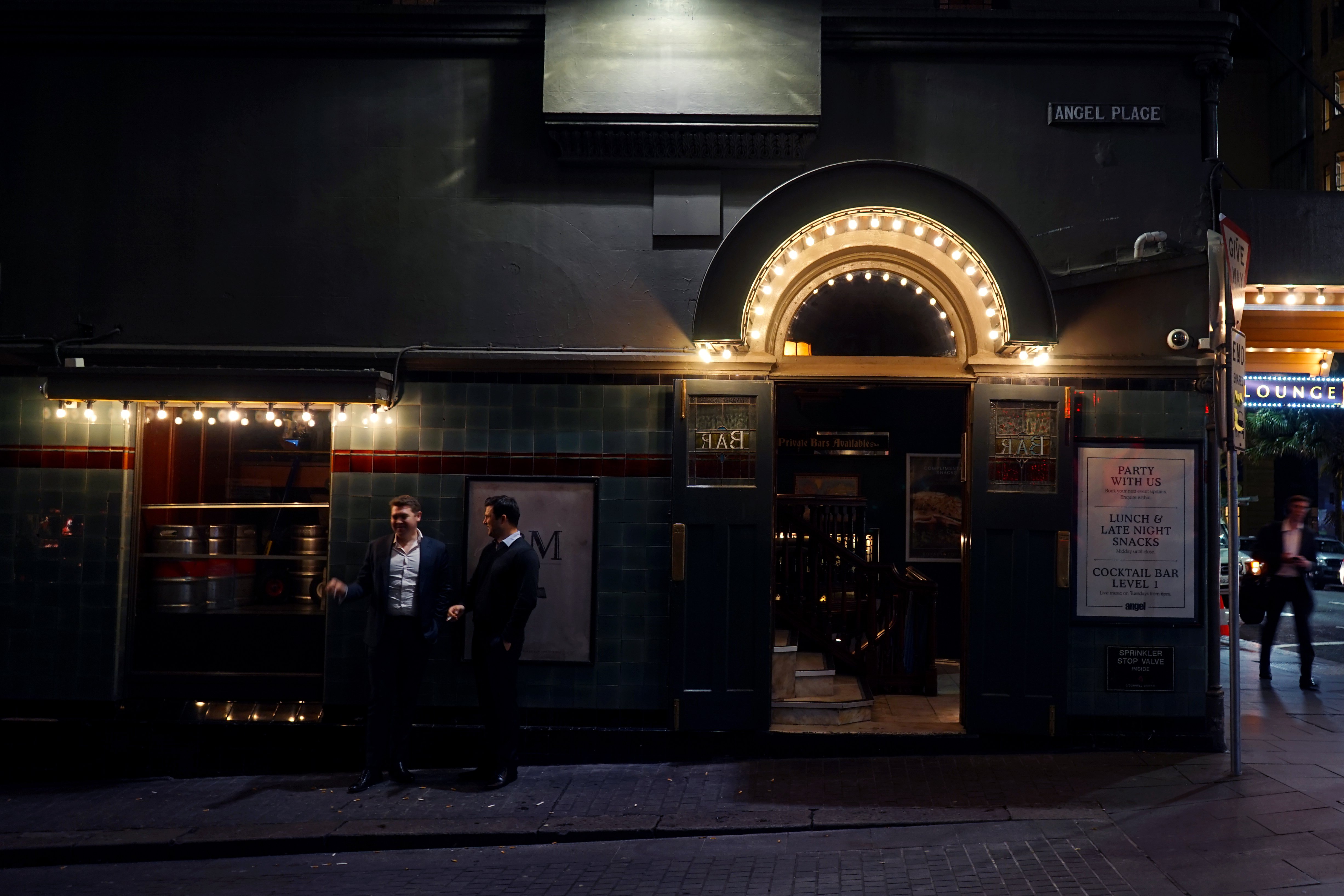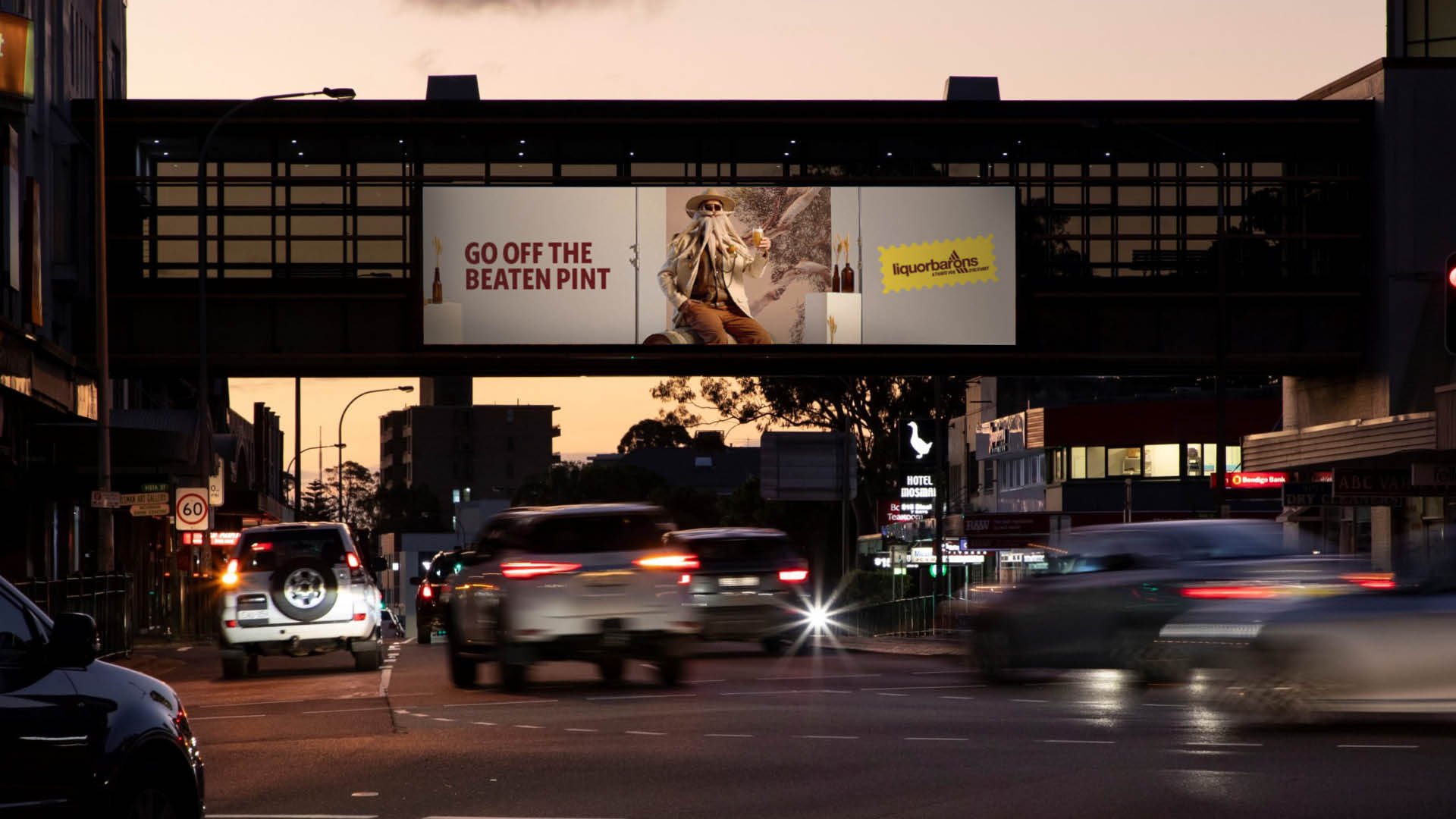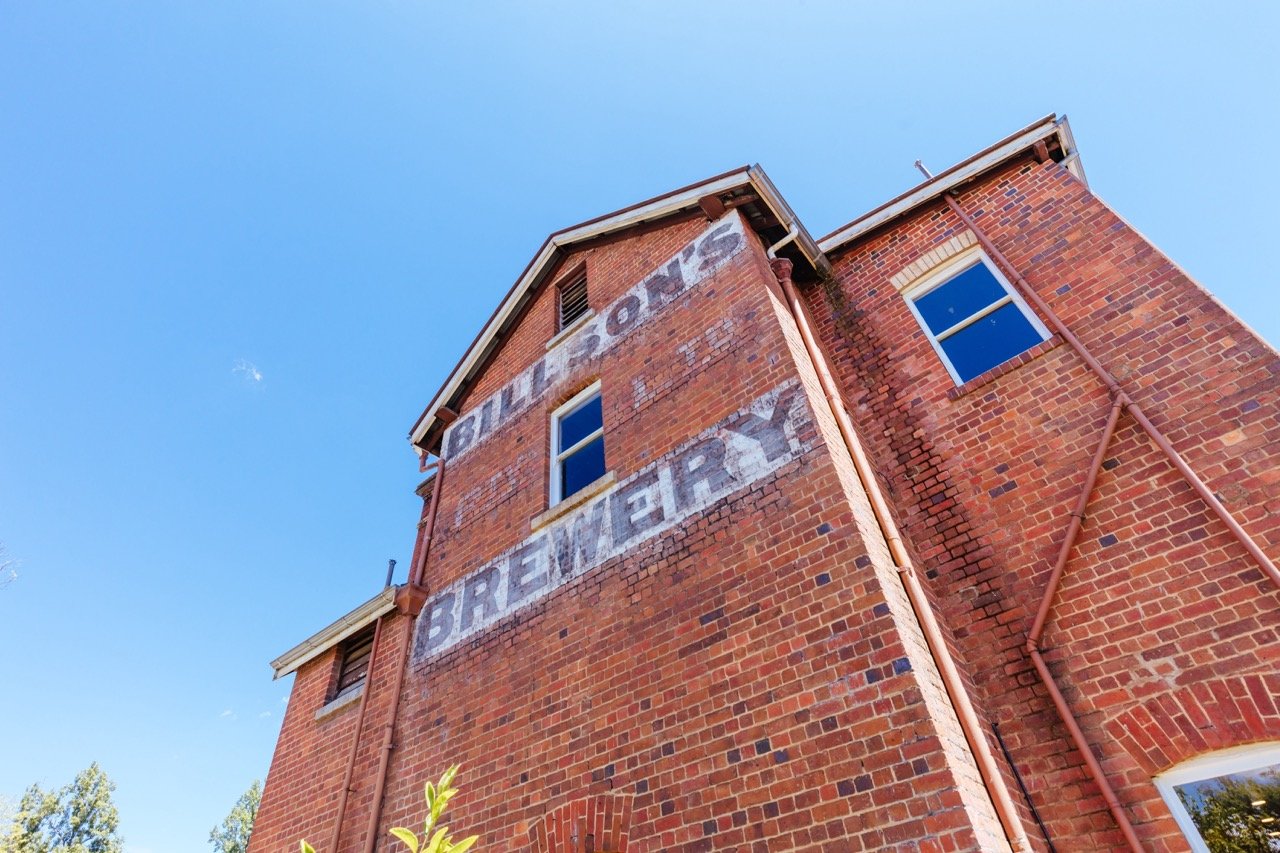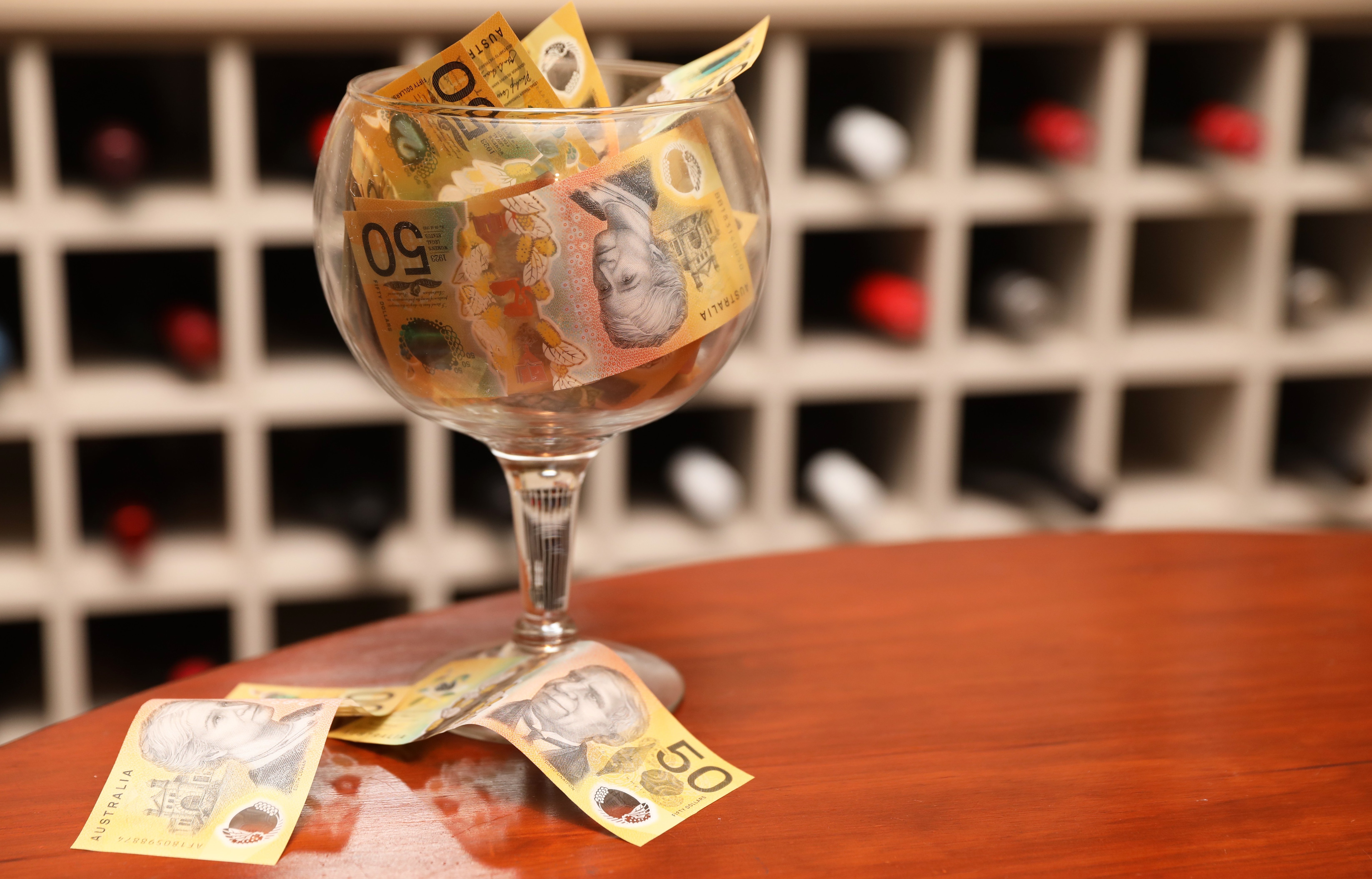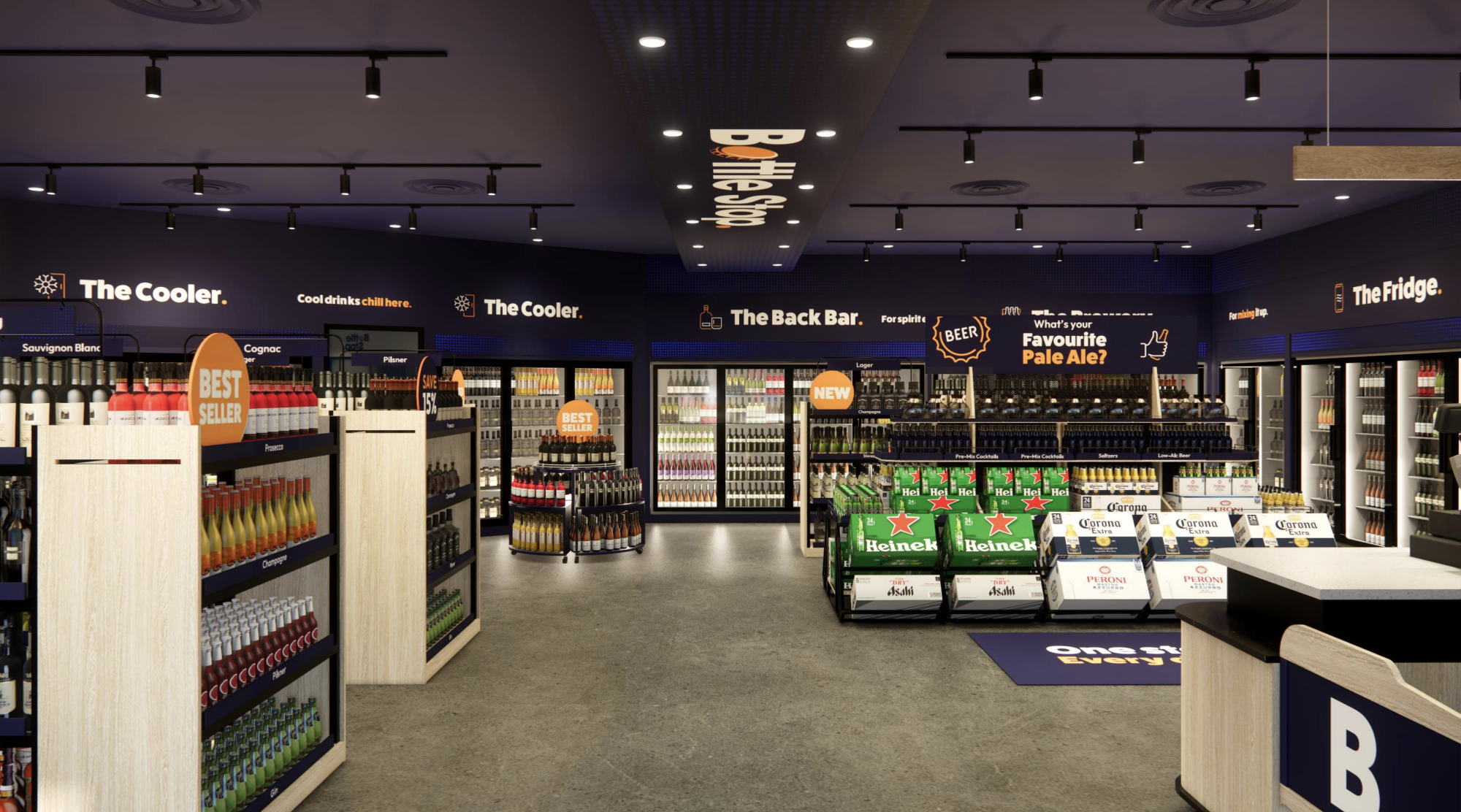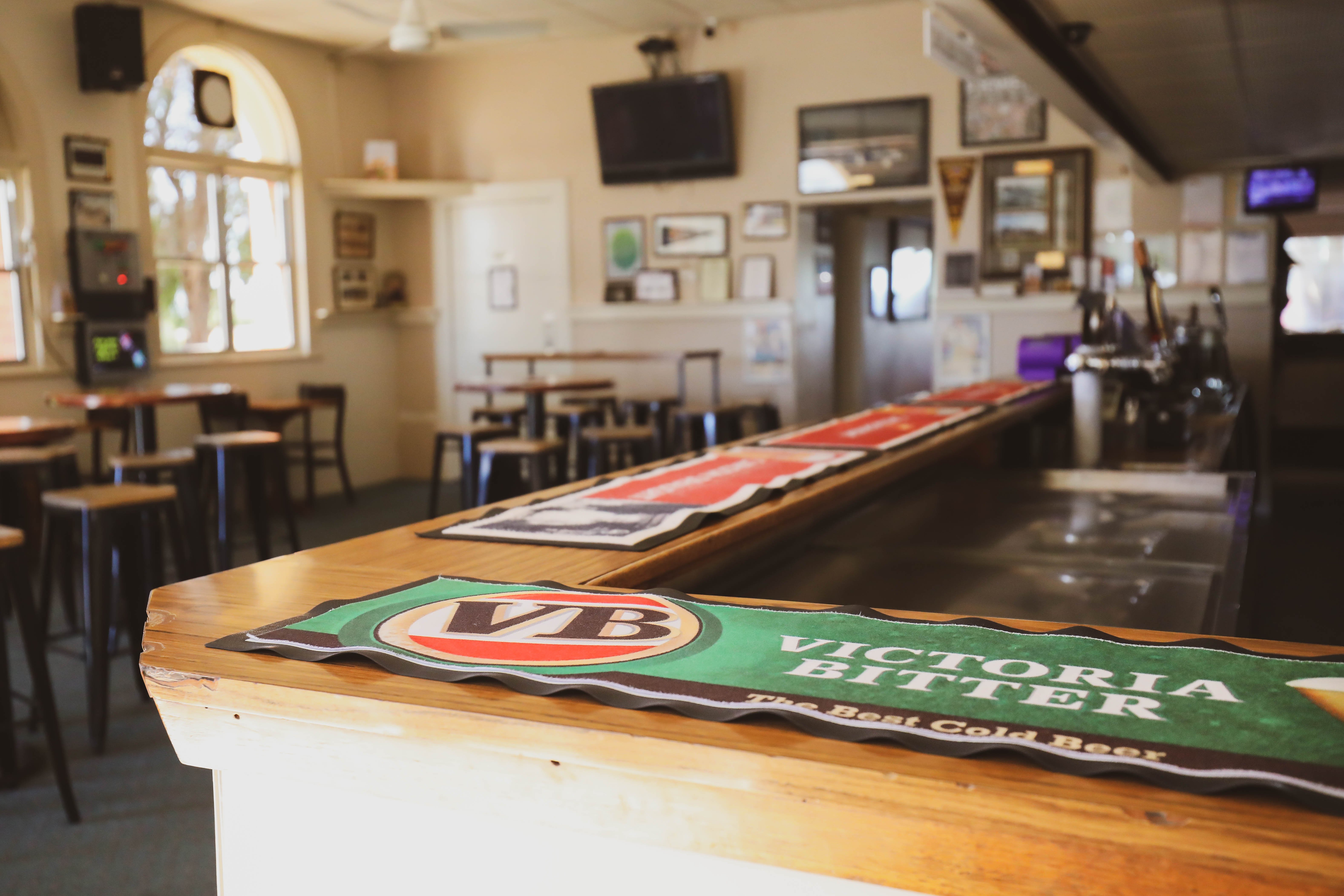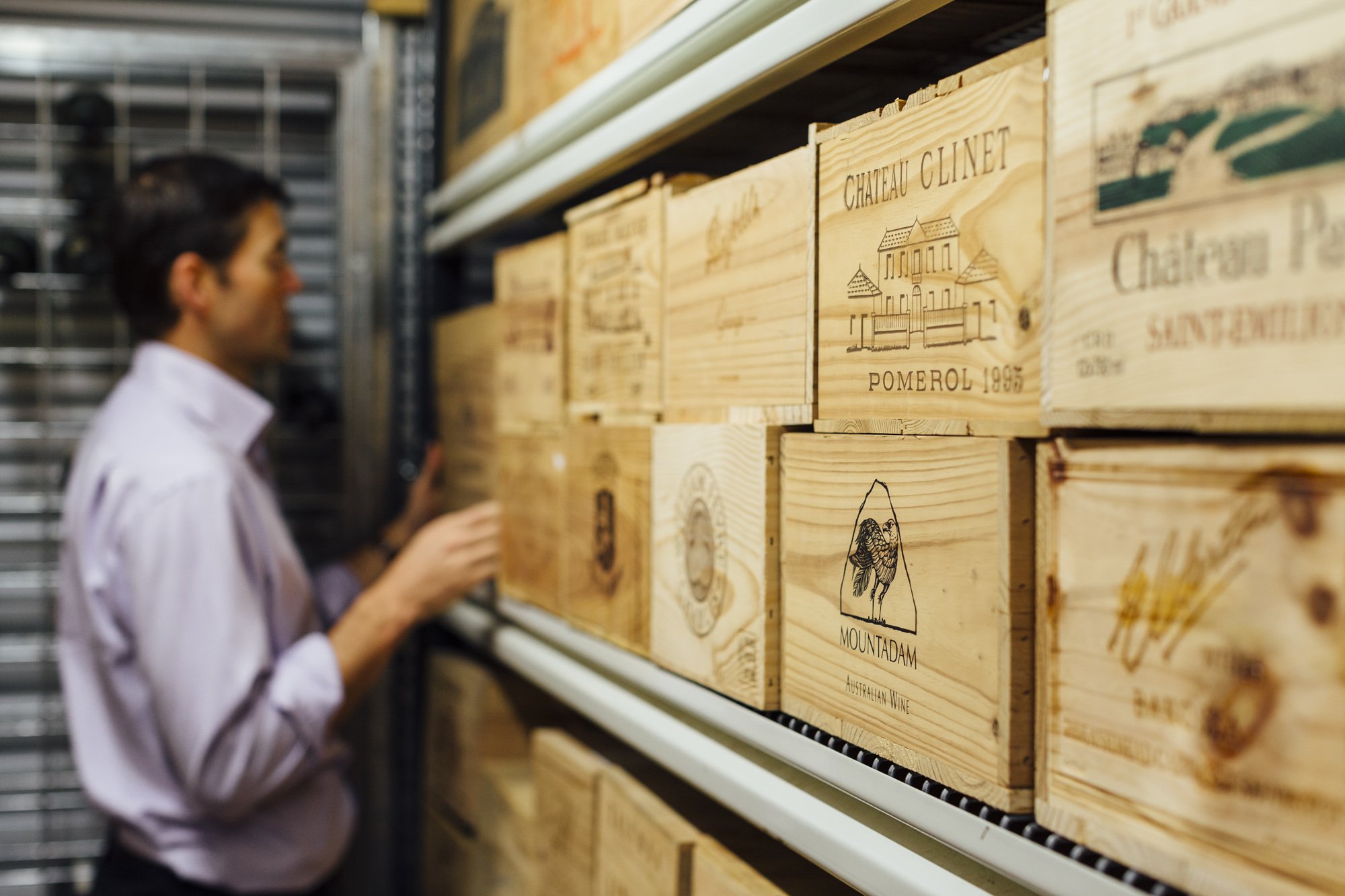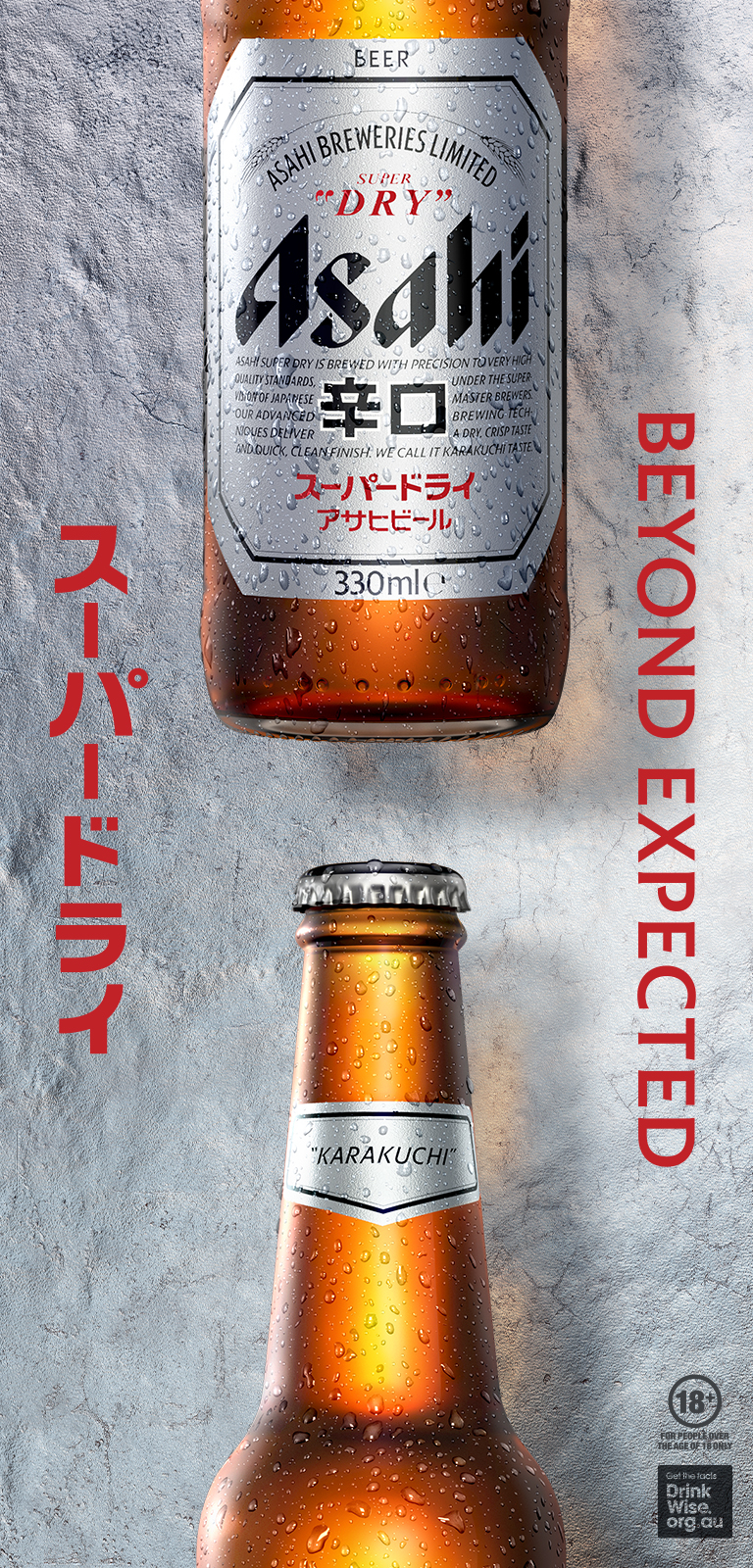Since 2008, NSW's Liquor Licensing reforms have attracted a sizeable amount of both positive and negative press. Despite this, a recent report by the NSW Bureau of Crime Statistics and Research (BOCSAR) reveals that the implemented changes led to a significant 19% statewide decline in non-domestic assaults when compared to estimated no-reform levels. The reforms had an even higher impact when isolating the Sydney region, which experienced a 45% reduction in non-domestic assaults, with Kings Cross, another priority subregion, decreasing by 84%.
The report concludes that restrictions on late night and on the 24-hour trading of licensed premises (such as the Lockout laws) and enforcement specifically targeting more high-risk venues (such as the Three Strikes Scheme) were the two policies that most contributed to the decline. It also recognises the effectiveness of the 2008 Liquor License Freeze, which prevented new licenses from being granted in the Sydney CBD and Kings Cross.
Perhaps the most controversial of the NSW liquor licensing reforms was the 2014 Sydney CBD Entertainment Plan of Management, aka the Lockout laws, which were lifted from Sydney’s CBD and Oxford Street in 2020, and later from Kings Cross in 2021. The BOCSAR paper, released this year, decided to exclude post-2019 data due to the anticipated negative impact of the pandemic on its ussability. Therefore, the impact of the cessation of lockout laws isn't shown by the study.
The full report can be read here.
Share the content
